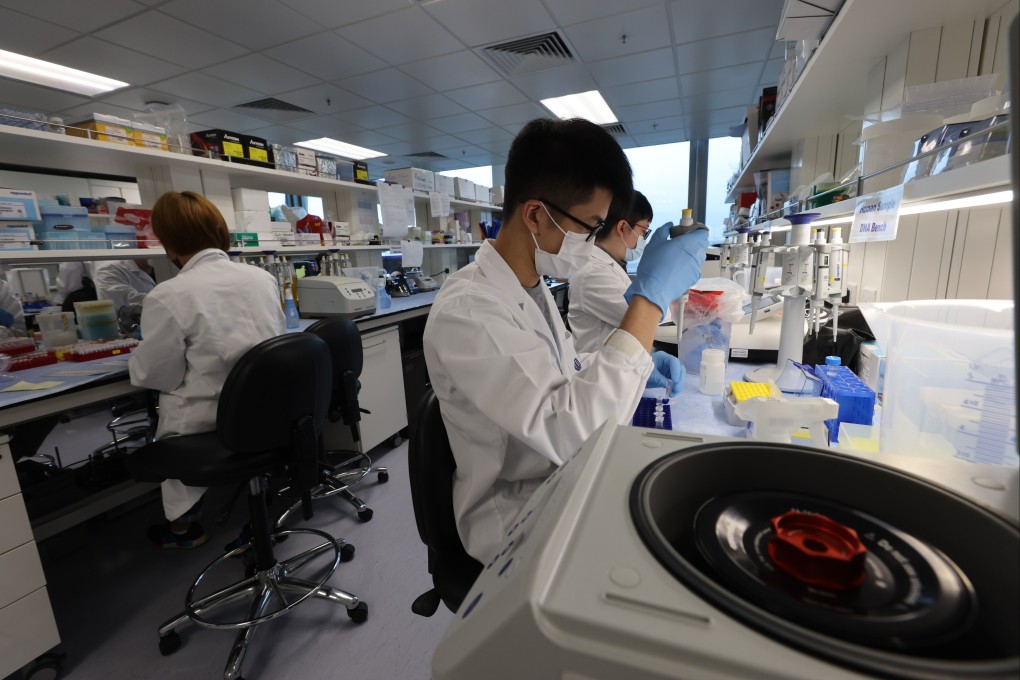Editorial | Breakthrough in sight for Alzheimer’s test
- A collaboration between researchers at the University of Science and Technology and at the University College of London will have an impact worldwide. Such projects show that academic research is worth public funding to maintain the city’s competitiveness

We don’t hear so much about Asia’s world city these days. Hong Kong is fending off ridicule over self-isolation with Covid-related travel restrictions and criticism of political reform and national security laws. So a reminder that our universities and their research remain world class and sought-after international partners is a timely morale booster. An example is to be found in the city’s contribution to the global search for an answer to the scourge of modern ageing societies – dementia.
Hongkongers account for about 65,000 of more than 50 million people worldwide with Alzheimer’s disease, plus about 35,000 with other forms of dementia. Healthy life expectancy has not kept up with increasing life expectancy globally. Dementia is partly responsible. Most victims are diagnosed too late to benefit much from the limited treatments available to slow cognitive decline. A test that reveals sooner whether a person has Alzheimer’s is an important goal for medical scientists seeking more answers.
It is one of several projects at the HKUST’s Centre for Neurodegenerative Diseases, which has partnered with UCL and Stanford University. The government financed the research facility with HK$500 million (US$63.7 million) from the InnoHK Initiative. More Hongkongers can be expected to develop dementia because they are an ageing population. Generous investment of taxpayers’ funds is therefore appropriate to the city’s public health profile. The results will have an impact far beyond our shores. These projects show that our academic research is worth public funding to maintain the city’s competitiveness as part of the Greater Bay Area hi-tech economic and business hub.
